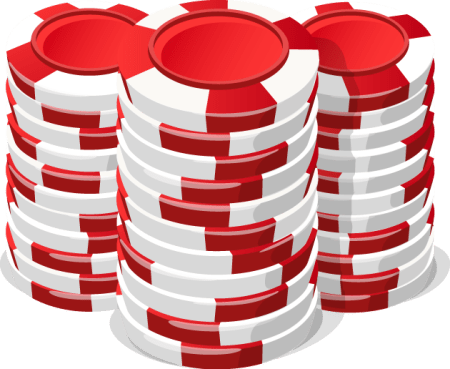Poker Thinking
Poker is a game for a thinking person. The beer-soaked games with wild cards and weird rules and pretty much everyone in the pot at the end of every hand and whoever wins, wins? That's not poker to me anymore. I call that "giggle poker" after the "hit and giggle" style of golf played by non-golfers.
Here's a video that popped up from The New Yorker where some top-tier poker players break down their thinking during or after a few hands they find memorable.
In the first hand, Nick Schulman makes a very basic, almost silly error. He wins the pot but it represents a lost opportunity to him, more than anything. I get it. Usually, the question rattling around in your mind during a hand is, "will this play I am making help me win?" In this case, it was, "Can I possibly get paid what this hand is worth?" A good problem to have - but if you screw that pooch badly enough, you will be beating yourself up about it for quite a while.
During a hand you should be trying to think on at least the first three levels of this framework:
- What hand do I have?
- What hand does the opponent have?
- What hand does the opponent think I have?
- What hand does the opponent think I think they have?
- What hand does the opponent think I think they think I have?
- ...and so on down the rabbit hole
So - we have the first two levels, very basic. They amount to, Can I win a showdown? The third level is, Do they think they can win a showdown? Or to put it more inductively, How do I think their Level 2 estimate turned out? Level 4 is equivalent to, How do I think their Level 3 estimate came out? Assuming they even got to Level 3 - many casual players never go that far.
If you are consistently doing well in your estimation of the first three levels and starting to make good if not great progress on the fourth... congratulations, you're a poker player! If you are correctly estimating - most of the time - the level at which your opponent is thinking, you are very likely a winning poker player. This is why poker is adamantly maintained by its adherents to be a game of skill, not luck.
In the second segment, Jamie Kerstetter describes a hand at the World Series Main Event where at first it seems like she overthinks it a bit. But the extra effort went into not just handling the levels for herself, but zeroing in on the levels she could reasonably impute to her opponent. I think part of the reason she found the hand "shocking" is that, despite knowing how much dead money is at the tournament on Day 1, she could not really believe how she was being offered so much of it at once, so soon.
In the last hand described, Asher Conniff bluffs a beast into tanking for eight minutes, then making the wrong play, and it propels him to a WPT final table. The truly great players are making another angle on the framework above: what can I do to make the opponent wrong in their estimation of my progress up the levels?

"Perception is reality" This way of thinking applies in many situations that are not poker games.

